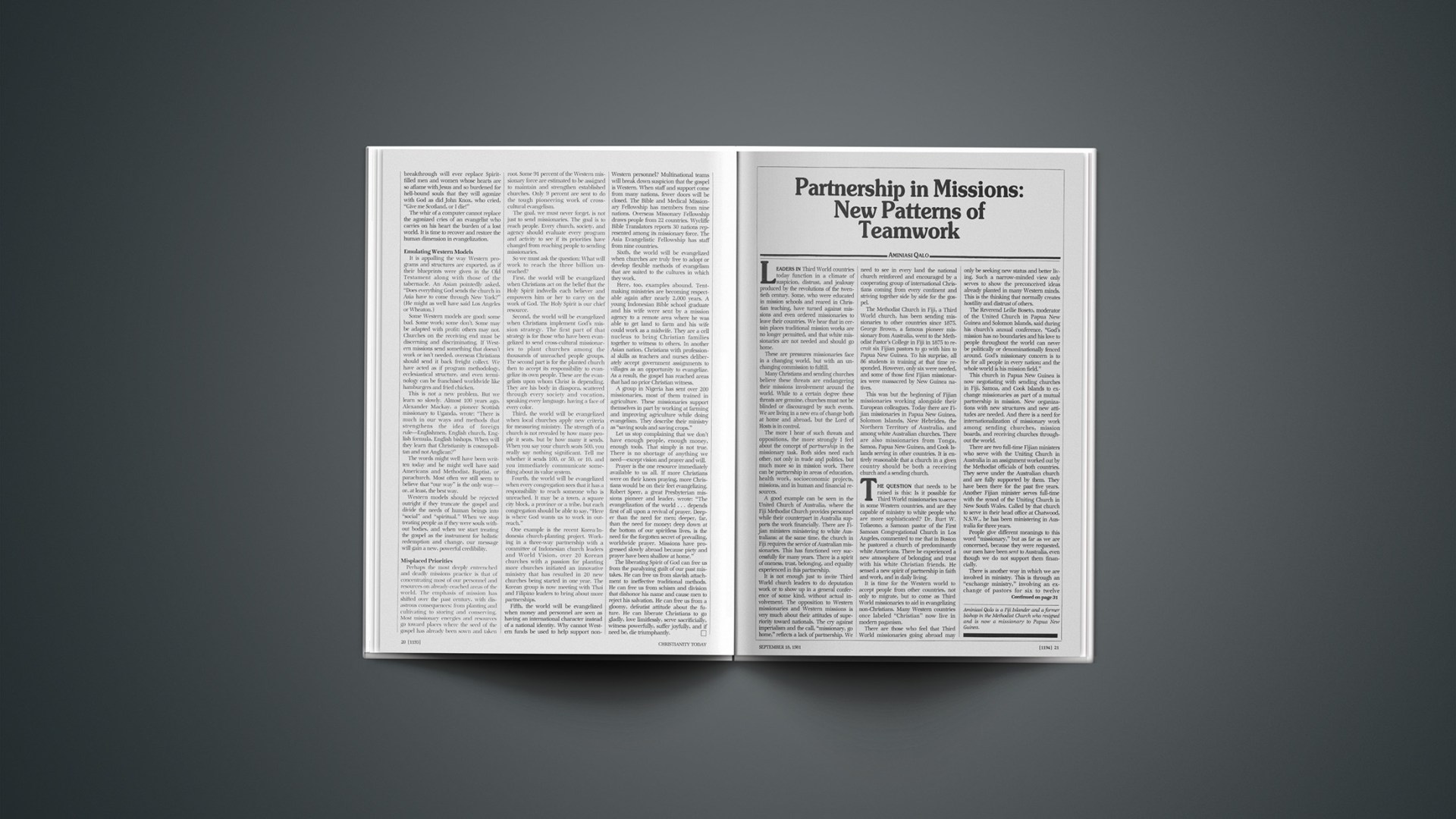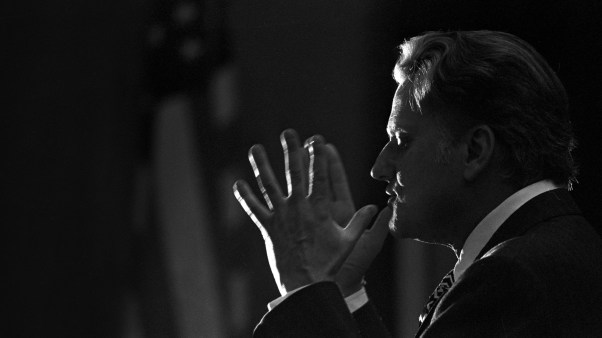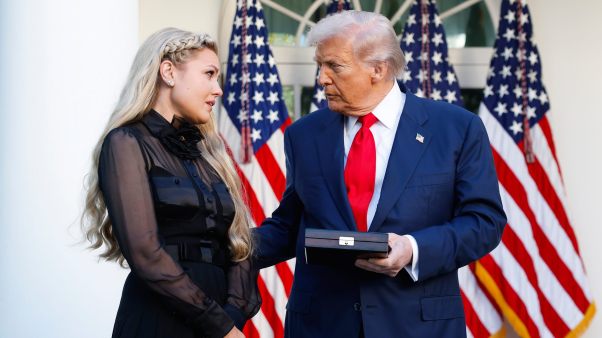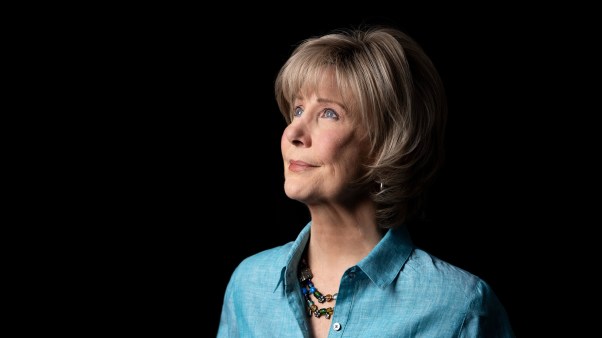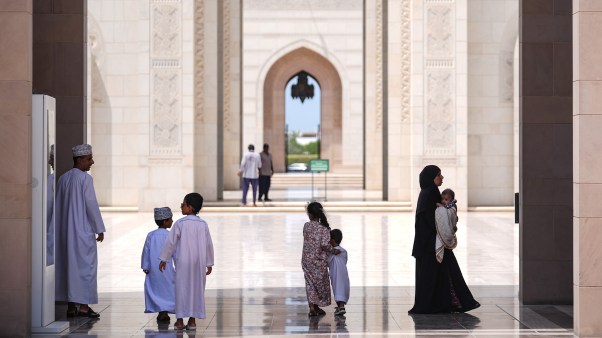Leaders in Third World countries today function in a climate of suspicion, distrust, and jealousy produced by the revolutions of the twentieth century. Some, who were educated in mission schools and reared in Christian teaching, have turned against missions and even ordered missionaries to leave their countries. We hear that in certain places traditional mission works are no longer permitted, and that white missionaries are not needed and should go home.
These are pressures missionaries face in a changing world, but with an unchanging commission to fulfill.
Many Christians and sending churches believe these threats are endangering their missions involvement around the world. While to a certain degree these threats are genuine, churches must not be blinded or discouraged by such events. We are living in a new era of change both at home and abroad, but the Lord of Hosts is in control.
The more I hear of such threats and oppositions, the more strongly I feel about the concept of partnership in the missionary task. Both sides need each other, not only in trade and politics, but much more so in mission work. There can be partnership in areas of education, health work, socioeconomic projects, missions, and in human and financial resources.
A good example can be seen in the United Church of Australia, where the Fiji Methodist Church provides personnel while their counterpart in Australia supports the work financially. There are Fijian ministers ministering to white Australians; at the same time, the church in Fiji requires the service of Australian missionaries. This has functioned very successfully for many years. There is a spirit of oneness, trust, belonging, and equality experienced in this partnership.
It is not enough just to invite Third World church leaders to do deputation work or to show up in a general conference of some kind, without actual involvement. The opposition to Western missionaries and Western missions is very much about their attitudes of superiority toward nationals. The cry against imperialism and the call, “missionary, go home,” reflects a lack of partnership. We need to see in every land the national church reinforced and encouraged by a cooperating group of international Christians coming from every continent and striving together side by side for the gospel.
The Methodist Church in Fiji, a Third World church, has been sending missionaries to other countries since 1875. George Brown, a famous pioneer missionary from Australia, went to the Methodist Pastor’s College in Fiji in 1875 to recruit six Fijian pastors to go with him to Papua New Guinea. To his surprise, all 86 students in training at that time responded. However, only six were needed, and some of those first Fijian missionaries were massacred by New Guinea natives.
This was but the beginning of Fijian missionaries working alongside their European colleagues. Today there are Fijian missionaries in Papua New Guinea, Solomon Islands, New Hebrides, the Northern Territory of Australia, and among white Australian churches. There are also missionaries from Tonga, Samoa, Papua New Guinea, and Cook Islands serving in other countries. It is entirely reasonable that a church in a given country should be both a receiving church and a sending church.
The question that needs to be raised is this: Is it possible for Third World missionaries to serve in some Western countries, and are they capable of ministry to white people who are more sophisticated? Dr. Burt W. Tofaeono, a Samoan pastor of the First Samoan Congregational Church in Los Angeles, commented to me that in Boston he pastored a church of predominantly white Americans. There he experienced a new atmosphere of belonging and trust with his white Christian friends. He sensed a new spirit of partnership in faith and work, and in daily living.
It is time for the Western world to accept people from other countries, not only to migrate, but to come as Third World missionaries to aid in evangelizing non-Christians. Many Western countries once labeled “Christian” now live in modern paganism.
There are those who feel that Third World missionaries going abroad may only be seeking new status and better living. Such a narrow-minded view only serves to show the preconceived ideas already planted in many Western minds. This is the thinking that normally creates hostility and distrust of others.
The Reverend Leilie Boseto, moderator of the United Church in Papua New Guinea and Solomon Islands, said during his church’s annual conference, “God’s mission has no boundaries and his love to people throughout the world can never be politically or denominationally fenced around. God’s missionary concern is to be for all people in every nation; and the whole world is his mission field.”
This church in Papua New Guinea is now negotiating with sending churches in Fiji, Samoa, and Cook Islands to exchange missionaries as part of a mutual partnership in mission. New organizations with new structures and new attitudes are needed. And there is a need for internationalization of missionary work among sending churches, mission boards, and receiving churches throughout the world.
There are two full-time Fijian ministers who serve with the Uniting Church in Australia in an assignment worked out by the Methodist officials of both countries. They serve under the Australian church and are fully supported by them. They have been there for the past five years. Another Fijian minister serves full-time with the synod of the Uniting Church in New South Wales. Called by that church to serve in their head office at Chatwood, N.S.W., he has been ministering in Australia for three years.
People give different meanings to this word “missionary,” but as far as we are concerned, because they were requested, our men have been sent to Australia, even though we do not support them financially.
There is another way in which we are involved in ministry. This is through an “exchange ministry,” involving an exchange of pastors for six to twelve months. A pastor from a parish in Australia will go to Fiji and one from Fiji takes his place in Australia. Though this has not occurred often, when it has, it has been very successful. Australian churches sincerely accept pastors from other countries for ministry, and there is no prejudice toward them.
To minister to an ethnic group other than your own is not easy; but if the Lord calls us to serve another culture, who can prevent us?
I speak with conviction, for I come from a multiracial country. I have worked with multiracial groups and was in charge of the work in the Highlands of Papua New Guinea. There 20 families from Western countries were under my leadership.
We must take positive steps toward achieving better relationships between Western churches and those in the Third World. Unfortunately, we Christians are also caught with prejudice, preconceived ideas against others, and feelings of superiority.
From the Third World perspective, I believe modern Western countries are fallow mission fields that need new cultivation, revival, and renewal for quality growth. Do you ever think that the Lord may be saying to us today that we should use partnership strategies in his mission?

